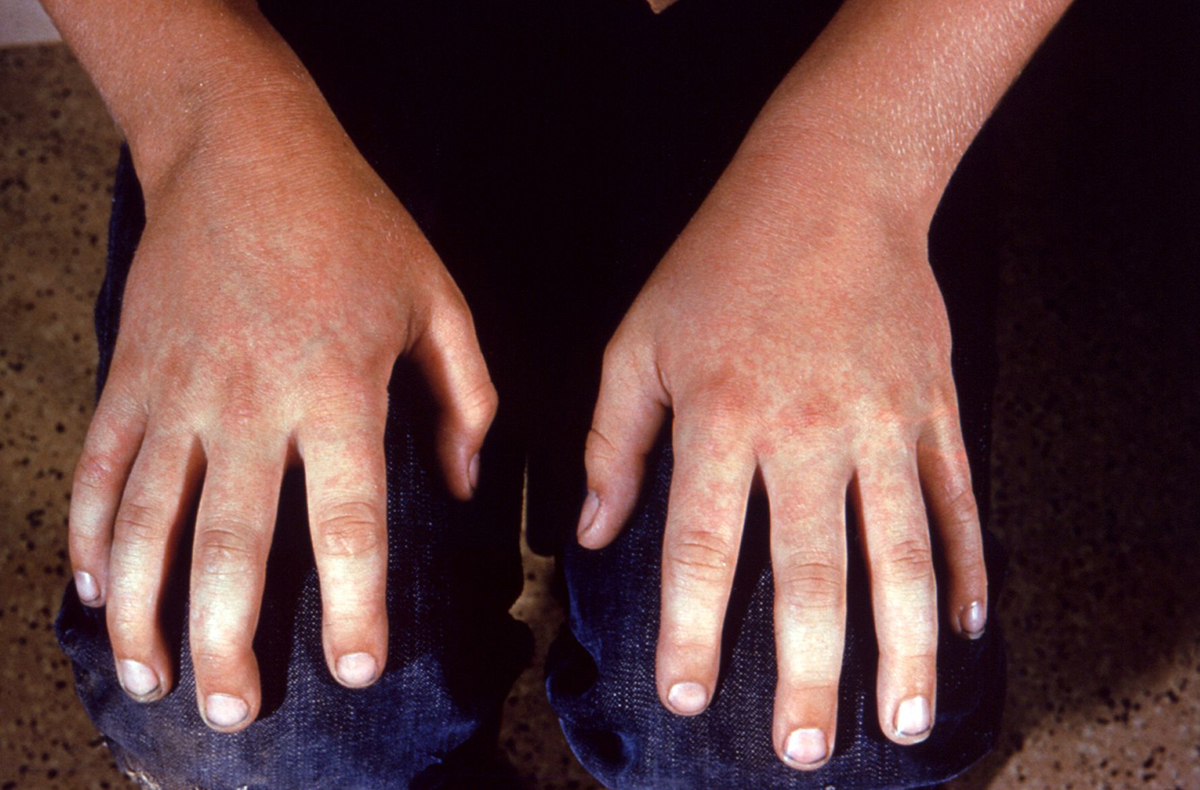
Huntington disease, HD, or chorea, is named after George Huntington who first described it. Huntington disease affects nerve cells in the brain, therefore muscular activity, triggering unwilling movements, and it can progress to dementia. It belongs to the family of hereditary diseases sinceabnormal genes of parents are passed on to their children in 50 percent of cases.
The abnormal genes inflict the brain cells by accumulating toxic proteins. Symptoms appears only after 30 years of age and if a child does not get it from his or her parents who have HD, then the disease will not affect other generations.
Huntington disease causes mental, physical and psychological difficulties which worsen as the disease progresses. Symptoms vary from individual to individual, but as the disease advances it has the same severe symptoms. The early signs of the disease includes lack of coordination, involuntarily body twitching and unsteady balance. A person becomes easily irritated, bad-tempered and moody, unable to speak, think or walk properly.
Physical abilities are impaired at a great extent as the disease progress when walking, and making any movement becomes difficult. Due to a lack of coordination, an affected person easily loses balance, trips and falls, and has difficulty in handling objects. Muscles contract without their will, and make uncontrolled and involuntarily movements throughout the whole body.
Fingers, toes, and face muscles jerk suddenly and randomly. The person's teeth grind or jaws clench making it difficult to speak and eat. Mental abilities also decline over the years. Huntington disease is exhibited as memory loss and forgetfulness, disability to plan, think or memorize things. A person is unable to concentrate and make judgments. Mental impairments can worsen and lead to severe mental problems. Psychological and emotional manifestations are hypersensitivity and irritability, anxiety, depression and lack of energy, aggression and other behavioral disorders. Affected people are prone to hallucinations, phobias, paranoia and delusions.
In order to diagnose Huntington disease, one has to undergo genetic testing. The testings can be carried out in the prenatal phase through amniocentesis (fluid taken from the fetus surrounding), or chorionic villus sampling (CVS—cells taken from placenta of the fetus). People who have parents with HD and do not have any signs and symptoms can do pre-symptomatic testings to determine whether they will develop the disease. Since symptoms of this disease resemble those of many other diseases, anyone with the symptoms should perform neurological and psychological tests so as to identify the true nature of the symptoms.
Treatment mainly focuses on improving the life quality of the people suffering from HD. Patients are encouraged to lead a healthy lifestyle, do regular exercise, consume food beneficial to the health, brain cells and to the immune system. A doctor includes also some medications for treating the symptoms of the disease. Even though there is no real cure to the disease, research has been done to discover both the cure and the best methods to slow down the progression of the disease.


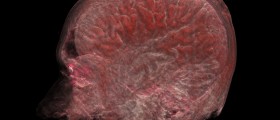



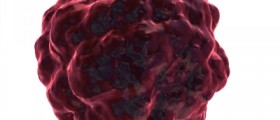






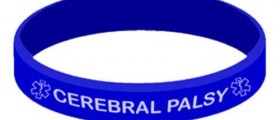

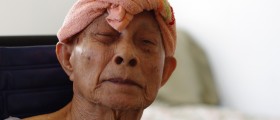

Your thoughts on this
Loading...